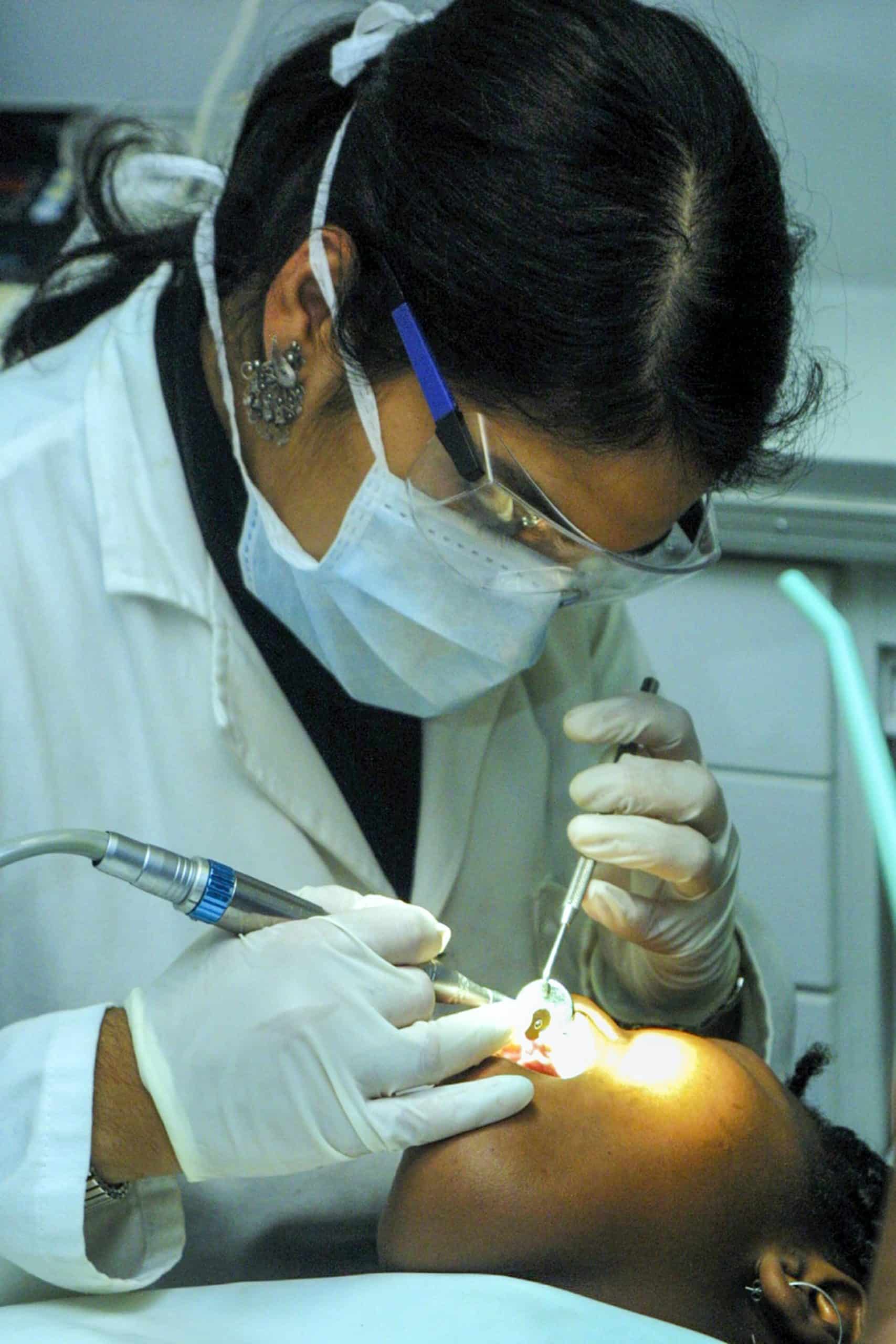There can barely be any argument against the fact that dental care and health are crucial aspects of general human health that should not be joked with. Indeed we already know that the state of a person’s general health, wellbeing, and even life expectancy can be linked to that person’s oral health and care.
This is mainly because the mouth directly connects with most parts of our body and a majority of the things we consume as humans pass through the mouth.
To further appreciate the link between oral health and general wellbeing, one can look at how some severe dental diseases can also trigger cardiovascular and heart problems like stroke and heart failure.
At the same time, poor dental health can trigger psychological insecurities and cause an individual to be anxious about making a public appearance or something in crowds. Regular check-ups and treatments at River Bluff Dental can help mitigate these risks and promote overall health and confidence.
IMAGE: UNSPLASH
This is little wonder why experts and enthusiasts have been stressing the need for more awareness and investments in dental health care. Dental professionals like the local Syosset dentist, Dr. Bender, believe that government should bear higher responsibilities to ensure adequate oral care and health.
Thankfully, many governments, especially developed and first-world countries, are buying into this idea, and more investments have been channeled to dental health care in recent years. However, can this also be valid for third-world and developing countries? Well, we will find out in this article. Before that, however, let us look at the meaning of dental health care for better perspectives.
What Does Dental Health Care Entail?
In simple terms, dental health can be said to be the overall well-being of an individual’s mouth. It refers to the complete state of health of everything in your mouth, including your gums, teeth, and tongue. Oral care, on its part, refers to well a person cares for his teeth and mouth to avoid dental issues. Some standard oral care practices include:
- Regular brushing and flossing of the teeth with a fluoride-based toothpaste.
- Avoidance of toxic or harmful substances that could damage the teeth.
- Reduction in the intake of sugary and carbonated drinks and foods.
- Regular appointments and visits to the dentist.
Having understood what dental health care entails, we can now examine its practice, challenges, and needs in developing countries.
Challenges Of Dental Health Developing Countries
Poverty: one of the significant challenges to adequate dental health care in the third world or developing countries is poverty. Because a majority of the population in such countries are poor and live below official poverty benchmarks, adequate oral health care could appear as a luxury to them, and they often find it difficult to afford.
Corruption and politicization of healthcare efforts: it has been agreed by most dental experts that the government has a significant role to play in ensuring adequate dental health care. Unfortunately, however, the case is often not so for most developing countries. Considering that there are high levels of corruption present in most developing countries, political leaders in such places often take advantage of diverting funds for healthcare projects.
Limited access to dental facilities: another hindrance to adequate dental health care in developing countries is that the locals often have difficulty getting access to dental facilities. This is because such facilities are separately located in such areas. This means that, even when locals are interested in visiting the dentist, they only have limited access to such facilities.
Lack of awareness: a significant percentage of the population in developing countries lack adequate information about dental health and care. This means that they barely know how to care for their teeth.
Solutions To Dental Health Care Problems In Developing Countries
Foreign aids and intervention: considering the fact that one of the significant problems of dental health care in third world countries is poverty, more foreign aid and intervention could do a lot to lessen the problems. More public and private health organizations should send dental care help to such developing countries.
Creation of dental awareness: more investments should go into creating awareness about what dental health is and how to care for locals in developing countries. This will help to guide them on adequate oral care.
More honest leaders: having honest leaders who are dedicated to ensuring the health of their citizens and not diverting funds meant for public projects will go a long way in solving dental health problems in developing countries.
Conclusion
This article has considered some of the issues with dental services in developing countries. We have also suggested a few solutions that could help solve this


COMMENTS